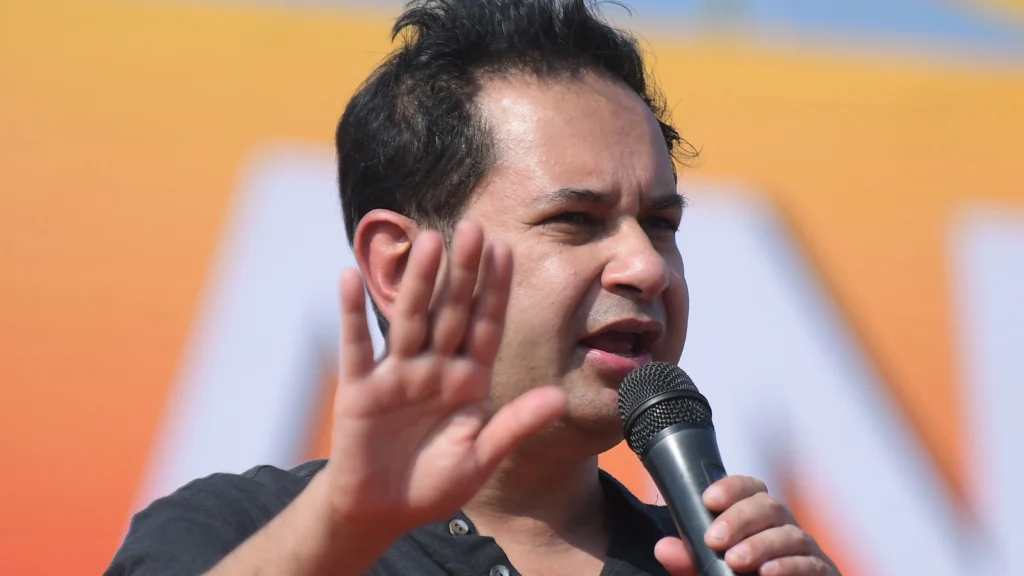Pradyot Kishore Manikya Debbarma, a prominent figure in Tripura’s political landscape, has taken a firm stance against what he calls “cultural injustice” in the exclusion of the Roman script from the Kokborok syllabus. As the royal scion and leader of the TIPRA Motha Party, he has voiced his concerns regarding the recent decision by the Sub-Committee for Syllabus Upgrading and Restructuring of Kokborok Textbooks for Classes IX to XII. This decision states that literary works in the Roman script will not be accepted in the updated syllabus, a move that Pradyot believes undermines the cultural heritage and linguistic identity of the indigenous people of Tripura.
In a statement, Pradyot emphasized that the demand for the use of the Roman script for Kokborok has long been a widely supported aspiration of the native speakers of the language. He highlighted the natural alignment of the Roman script with the phonetics, syllabic structure, and vocabulary of Kokborok, making it the preferred choice for many in the community. Pradyot and the TIPRA Motha Party have been vocal advocates for the adoption of the Roman script for Kokborok, rejecting proposals that suggest only Devanagari or Bengali as the official script options for the language.
Drawing parallels with other indigenous languages in the Northeast that use the Roman script, Pradyot urged the Government of Tripura to formally adopt the Roman script for Kokborok. He also raised concerns about the exclusive use of the Bengali script for Kokborok in CBSE and TBSE examination papers, calling for fairness and justice in accommodating students comfortable with the Roman script.
The decision by the Sub-Committee to exclude literary works in the Roman script from the updated syllabus was met with criticism by Pradyot and the TIPRA Motha Party, who argue that it fails to recognize the linguistic reality of the state. They believe that the majority of Kokborok literature is written and published in the Roman script, making its inclusion crucial for the protection, preservation, and growth of the language.
As Pradyot continues to champion the cause for the Roman script in Kokborok education and examinations, he remains committed to advocating for the cultural rights and linguistic diversity of the indigenous people of Tripura.

